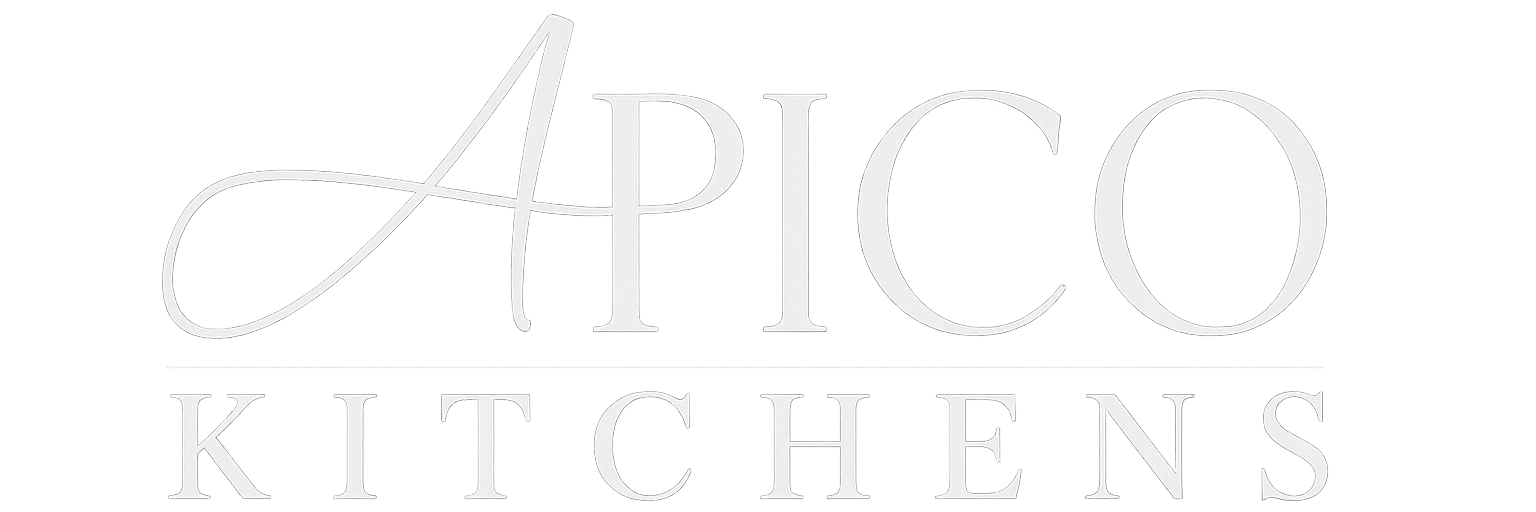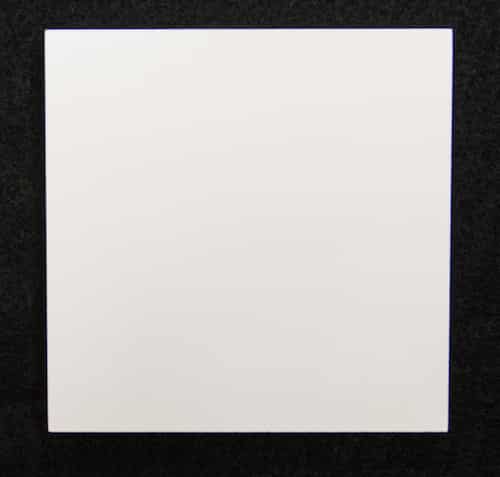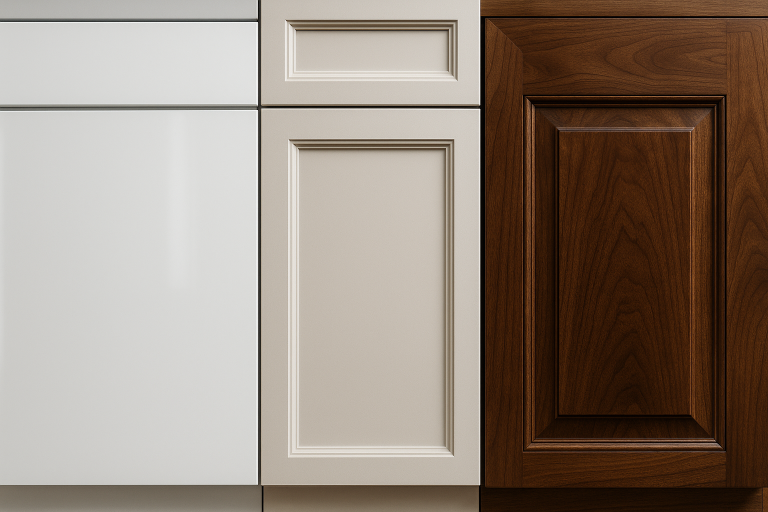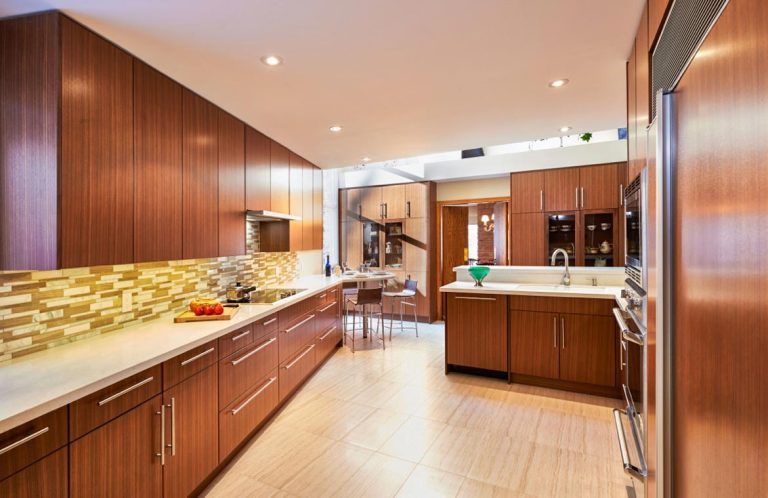When it comes to quartz countertops, there are several manufacturers at various price points. Customers often ask us what the differences are between each manufacturer, and that question is what inspired this blog article and experiment. The intent of this experiment is to prove which manufacturer’s product is superior and the most viable choice for clients. Just to keep things interesting, I also added marble and Neolith (a porcelain from Spain) into the experiment.
Question: Are all quartz countertops made the same?
Generally speaking, the quartz from one manufacturer to another is identical. Quartz – the main ingredient in making the quartz countertop – is a hard, colorless mineral that gets ground up and mixed with 7% resin and 1% colour. The resin is what gives the countertop its stain resistance and is what binds everything together. So in essence, we are testing who has the best resin.
Contenders:
Caesarstone Quartz: Caesarstone stone is probably the most famous quartz manufacturer. The Caesarstone headquarter is located in Southern California, while its factory is located in Israel.
Quartzforms: Quartzforms is a fairly small company compared to other Quartz manufacturers. The company and factory are based in Germany.
Samsung Radianz Quartz: Samsung quartz tends to be more speckled in comparison to other quartz manufacturers.
Neolith Porcelain: This product has been making traction the last few years. The product is porcelain, but for countertops it comes in four main finishes and it can be book matched multiple times. It comes in three sizes: 3 mm, 6 mm, and 12 mm. The only drawback of neolith porcelain is that it is very expensive and hard to come across.
Marble: I chose to include marble in this comparison because I wanted all of the colours in this experiment to be as similar. Since there is no light coloured granite, marble was the next option. It’s here to show what the worst case scenario could be if you had a marble countertop.
 this experiment, we tested five different products that can be found around the house to see which one would damage quartz and marble. The products used were rubbing alcohol, liquor, maple syrup, balsamic vinegar and dry erase marker.
this experiment, we tested five different products that can be found around the house to see which one would damage quartz and marble. The products used were rubbing alcohol, liquor, maple syrup, balsamic vinegar and dry erase marker.

| Cesarstone Quartz | Quartzform | Samsung Radianz Quartz | Neolith Porcelain | marble | |
|---|---|---|---|---|---|
| dish soap | |||||
| balsamic vinegar | |||||
| rubbing alcohol | |||||
| liquor | |||||
| maple syrup | |||||
| red marker |
Marble
The marble was permanently stained by balsamic vinegar, liquor, and marker. Generally anything with a high pH value will remove the polish off of the marble or etch it.

Cesarstone
The quartz was not damaged by any of the products, except for the red coloured dry erase marker. The marker left a permanent stain.
Quartzform
The Quartzforms quartz was clearly the winner in this experiment. None of the products damaged the quartz in any way and was extremely easy to clean – all it needed was to be wiped off!
Samsung Radianz
This had the same outcome as the Caesarstone Quartz — the red dry erase marker was the only product that damaged the quartz.
Neolith Porcelain
Neolith Porcelain had the same results as the Quartzforms — none of the products caused damage.
Conclusion
In conclusion, most of the quartz companies had similar results, but the clear winner was Quartzforms. It left behind no residue of products and it was easy to clean. As for the marble, this experiment is proof of why we do not recommend installing marble countertops. As for the Neolith Porcelain, like the Quartzforms, it was easy to clean and left no residue. However, its price and lack of distribution in Canada don’t make it a viable choice for most homes and clients.



